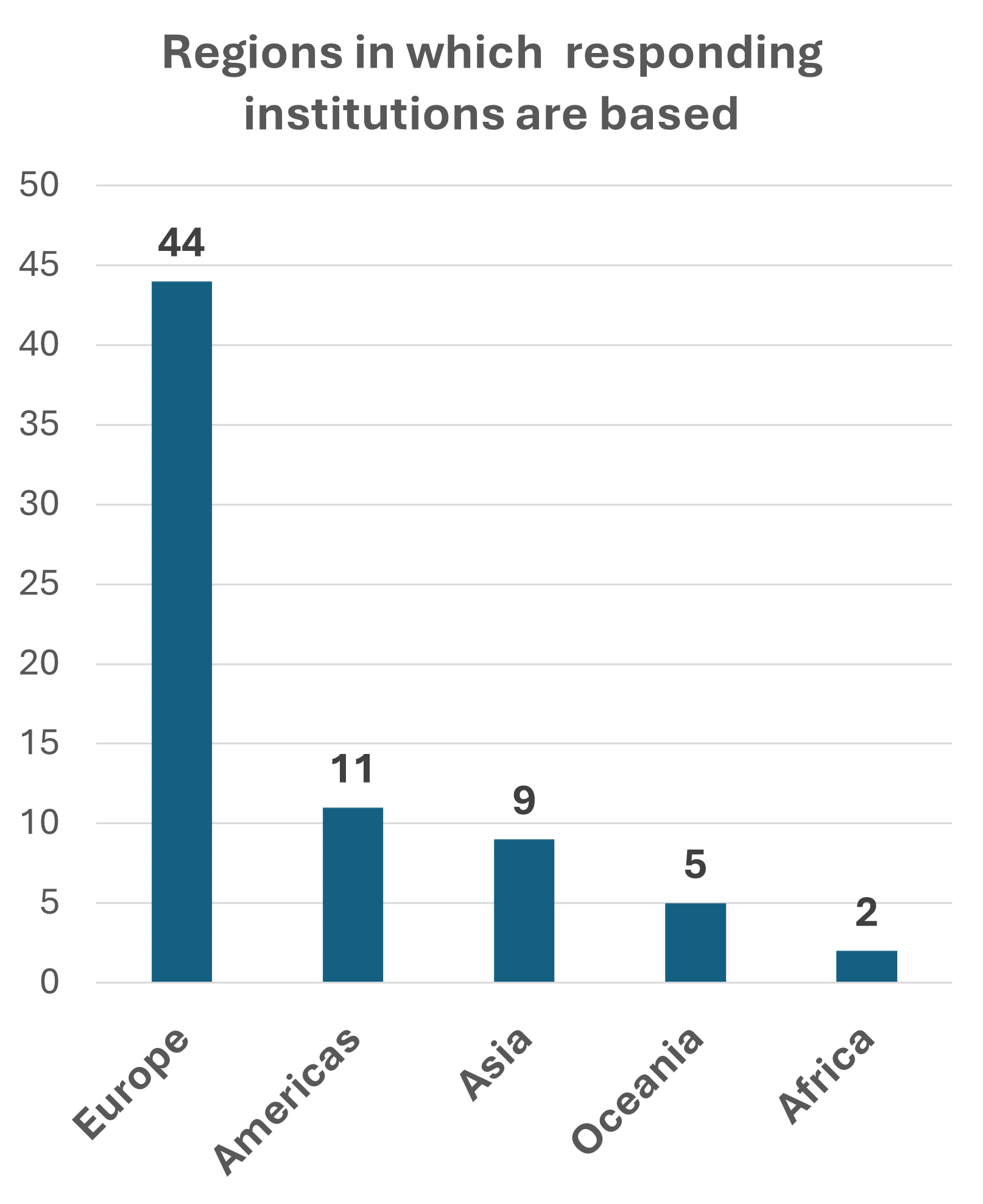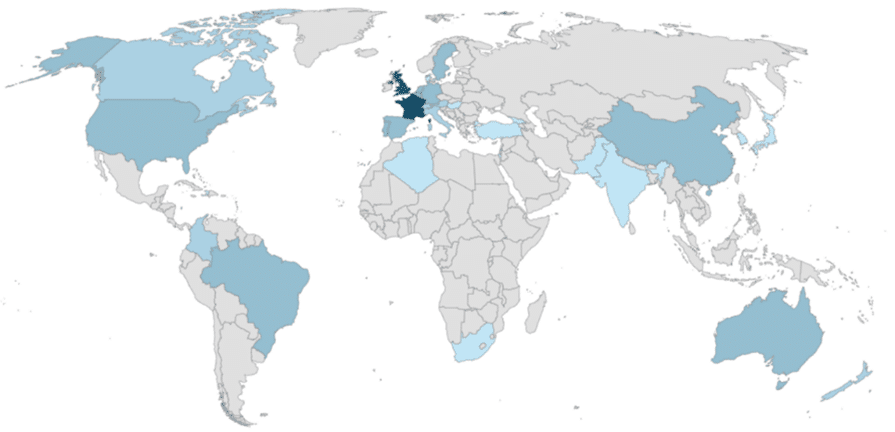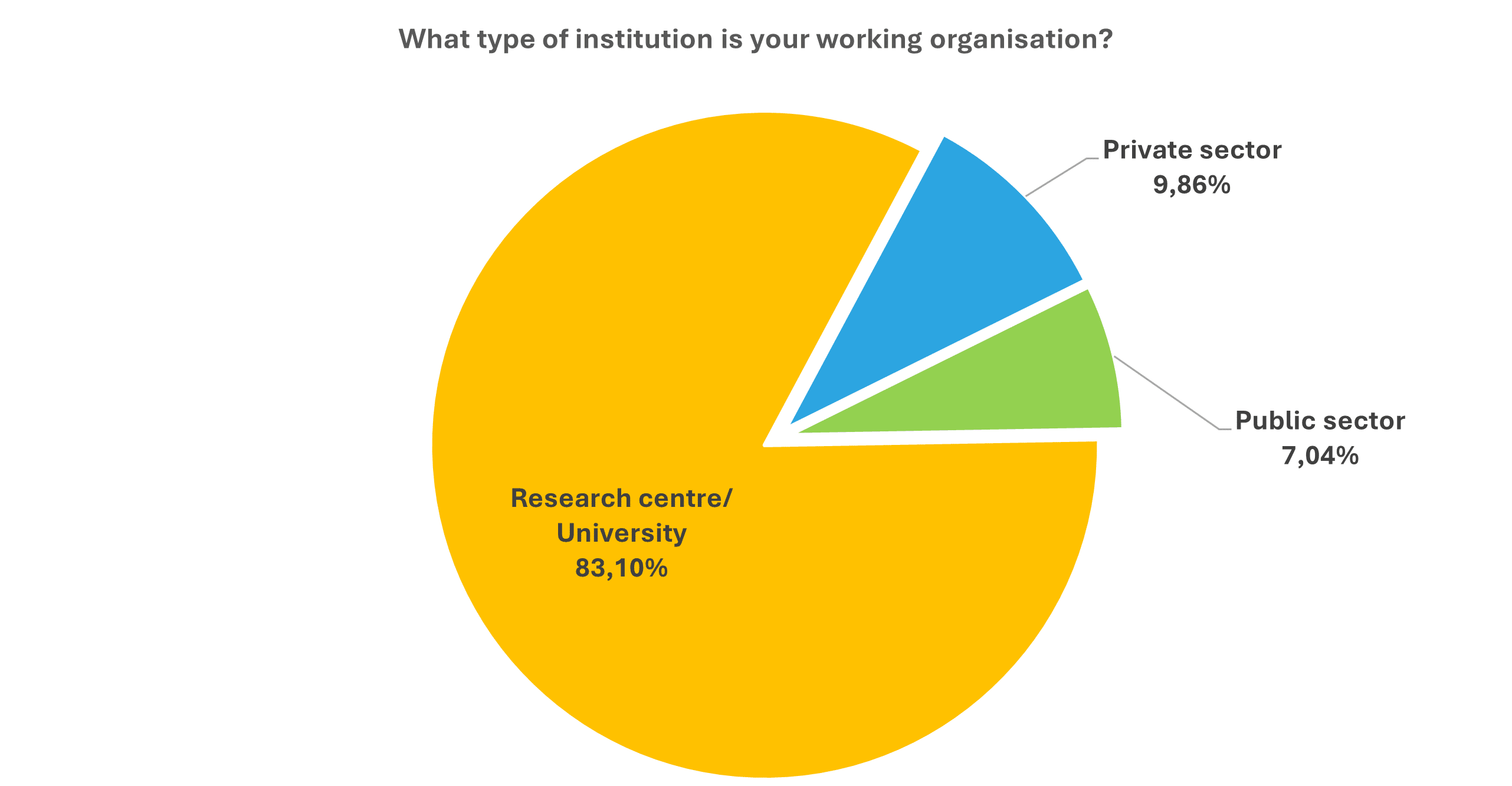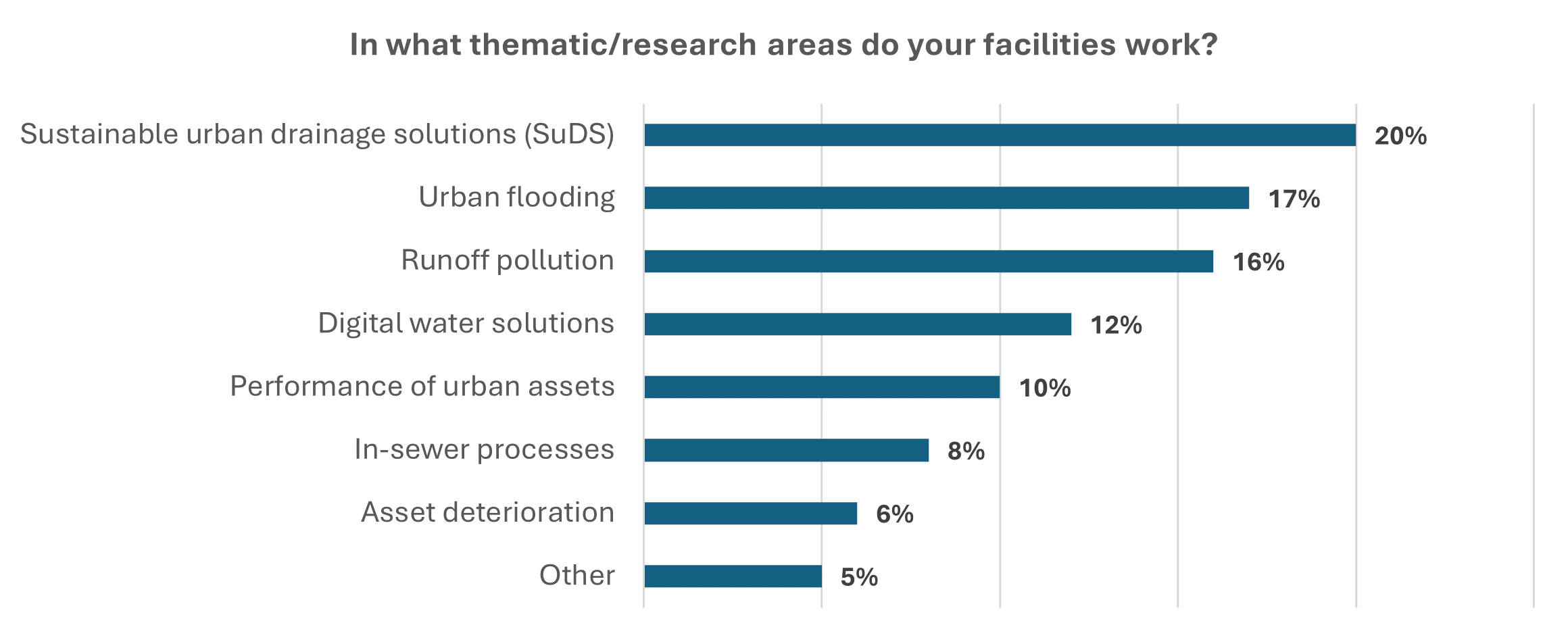UDRAIN, first global network of large Research Infrastructures (RI) on urban drainage systems
Introduction
Urban drainage systems are at the heart of sustainable, resilient, and smart urban water management. But testing, validating, and implementing innovative solutions in this sector has often faced a fundamental obstacle: a lack of coordination, access, and shared knowledge across research infrastructures worldwide.
To tackle this, Co-UDlabs proactively worked and contributed to propose a new UDRAIN Working Group that was established as a pioneering initiative under the Joint Committee on Urban Drainage (JCUD) with the aim to build the first global network of large Research Infrastructures (RI) focused on urban drainage systems.
Urban drainage innovation depends heavily on large-scale research infrastructures where technologies can be tested under real-world conditions. However, many of these RIs have traditionally operated in isolation, with limited visibility and fragmented efforts. This has hindered the effective transfer of knowledge and slowed down the adoption of novel, sustainable drainage solutions by practitioners and water utilities.
UDRAIN’s mission is to bridge this gap — offering a collaborative platform to map, connect, and strengthen the world’s large-scale urban drainage RIs, turning them into engines for innovation, education, and global cooperation.
Structure of UDRAIN
UDRAIN was officially launched at the 16th International Conference on Urban Drainage (ICUD) in Delft on June 11, 2024. It quickly gained momentum, gathering expressions of interest from 63 institutions across 30 countries within just a few months (figure below).


A significant part of the institutions that expressed an interest in UDRAIN, however, currently proceed from an academic background: 83.1% of respondents belong to a research centre or university (see figure below). Respondents work in a significantly diverse range of topics and thematic areas. Research topics such as SuDS, urban flooding, and run-off pollution combine as core areas of about 53% of all submitted responses.


By November 2024, the core group of UDRAIN was formalized, establishing a leadership board composed of:
- Chair: Jose Anta – University of A Coruña
- Co-Chair: Kelsey Flanagan – Luleå Technical University
- Secretary: James Shucksmith – University of Sheffield
- Co-Secretary: Marius Møller Rokstad – NTNU – Norwegian University of Science and Technology
- YWP Representative: Jakob Benisch – TU Dresden
This leadership structure ensures that UDRAIN has a well-organized and efficient framework for guiding its activities and achieving its objectives.
Objectives and Initiatives
UDRAIN is driven by clear, strategic objectives:
- Create a global inventory (Atlas) of large-scale RIs in urban drainage to improve visibility, access, and collaboration.
- Promote technical cooperation and knowledge sharing among RI managers, researchers, practitioners, SMEs, and regulators.
- Facilitate transnational access to research infrastructures, following the successful model of the Co-UDlabs project.
- Standardise data collection, research protocols, and training activities.
- Foster mutual learning and innovation, ensuring that infrastructure research supports real-world needs and societal challenges in urban drainage.
A global survey was conducted, gathering responses from 63 institutions across 30 countries. The results revealed that 83.1% of respondents were from academic institutions, while only a small fraction came from the private sector. This initial mapping serves as the foundation for developing an Atlas of Research Infrastructures, which will be continuously updated with contributions from interested organizations.
The Role of Co-UDlabs in UDRAIN’s Success
A key enabler of UDRAIN’s creation and early success was the H2020 Co-UDlabs project. Bringing together 17 large-scale research facilities in 7 countries, Co-UDlabs demonstrated how transnational access programmes could work in practice.
The lessons learned and the networks created through Co-UDlabs provided the foundation for UDRAIN’s ambition to scale this approach to a global level. Co-UDlabs showed the tangible benefits of:
- Opening access to infrastructures to researchers, practitioners, and SMEs across borders.
- Encouraging peer-to-peer learning and real collaboration.
- Keeping infrastructures active, visible, and maintained thanks to increased usage.
Many of the Co-UDlabs partners became early promoters of UDRAIN, bringing their expertise and momentum to help shape the group’s structure and roadmap.
Next Steps
UDRAIN’s immediate priorities include:
- Publishing the first edition of its Atlas of Research Infrastructures. To be part of the Atlas, it is necessary to fill out this survey
- Expanding its membership to include more private sector entities, local authorities, and utility practitioners.
- Organizing training activities, knowledge-sharing events, and dissemination campaigns.
- Participating in major conferences to reach out to new partners and stakeholders. Co-UDlabs will be hosting a workshop at the UDM conference, where UDRAIN will be announced.
The goal is to establish a strong, sustainable, and inclusive community of urban drainage research infrastructures that will shape the future of water-smart, resilient cities.
